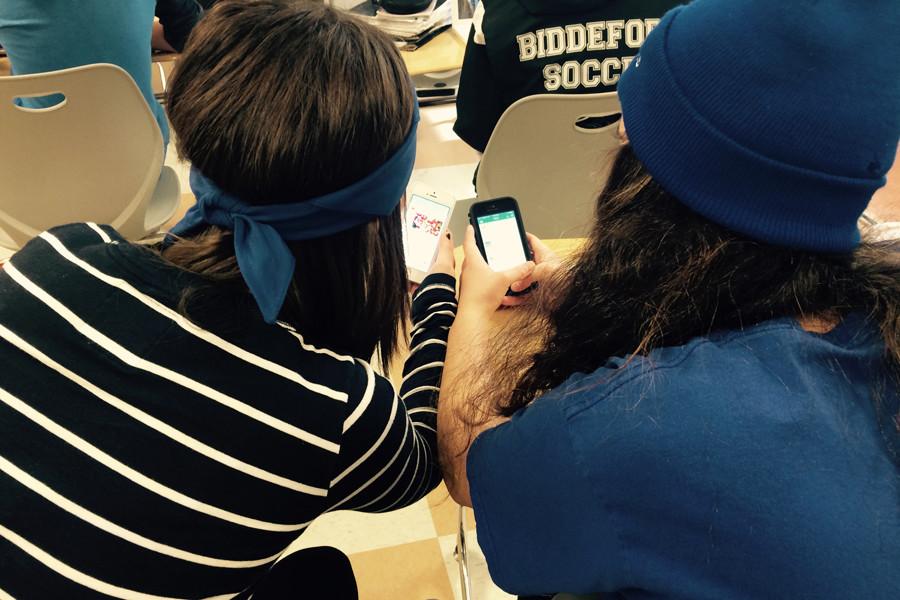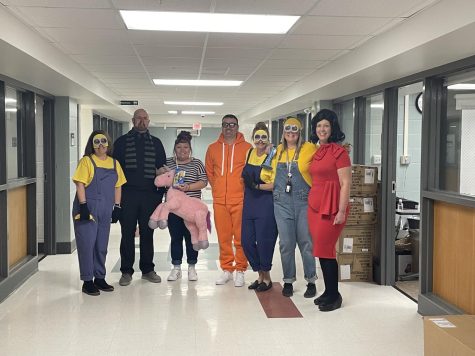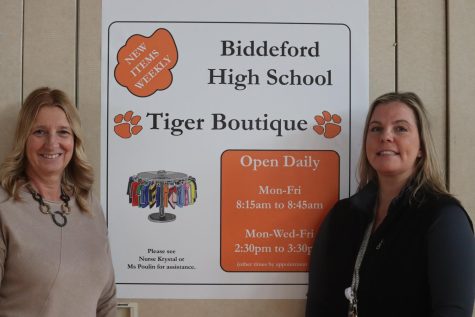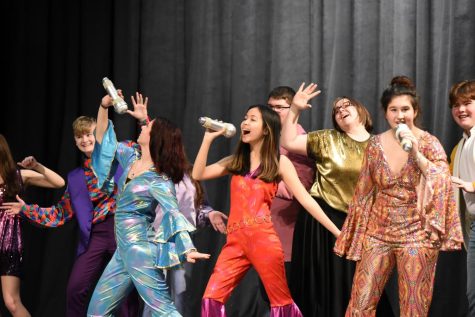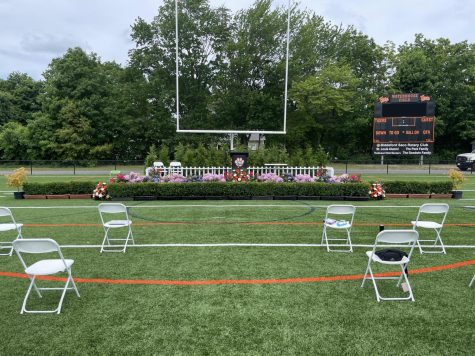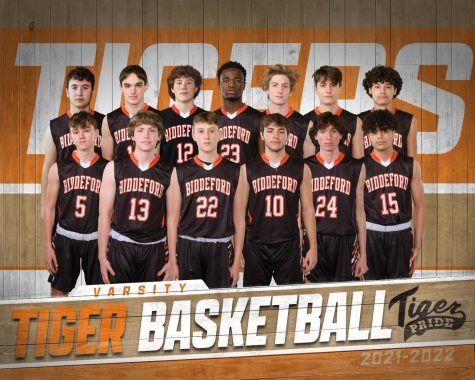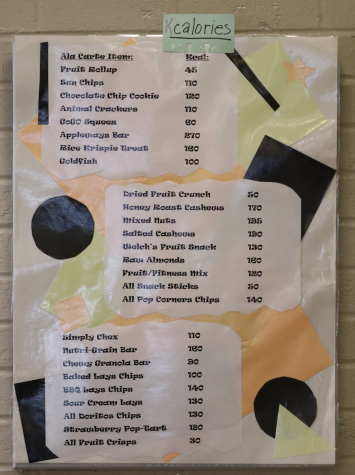Repercussions of Twitter Drama
Twitter has been known to be a mecca for drama, but the consequences can be larger than you think.
March 6, 2015
Various arguments between students at BHS, as well as other schools, reach the realms of Twitter, and the consequences of this online drama prove that it causes more trouble than most students think.
Many students take their drama onto social media without a second thought, but many also fail to realize that what they put online may come back to them in ways they never expected. Senior Kaitlyn Friel isn’t new to the drama revolving around Twitter.
“It used to be Facebook drama, and now Twitter’s the new thing,” Friel said.
Friel thinks that students take to Twitter because they feel like they won’t have any consequences.
“There aren’t any consequences in general,” said Friel. “You’re not gonna get punished.”
Although most students think they will get in less trouble by dealing with their problems online, it actually causes more havoc than they bargained for. Unlike many students, sophomore Max Mourmouras doesn’t participate in Twitter.
“[Twitter drama] is pointless and not needed,” said Mourmouras. “I think it’s more mature to discuss stuff in person. It’s easier to solve problems that way.”
Although Mourmouras hears about Twitter, it doesn’t appeal to him, and the drama that occurs only strengthens his opinion to stay offline.
“Once you put something online, it’s there forever,” said Mourmouras. “You can forget about it, but it’s still there.”
As for those in charge, Mr. Sirois and Mr. O’Brien feel the same way. However, they only deal with the problems if they interfere with school or become physical.
“We only deal with it if it’s happening in school, during school hours, or at school events,” said vice principal Mr. Thomas O’Brien. “If it’s outside of school we don’t, but we encourage students to go to Officer Rondeau if there’s any type of threat more than name calling.”
O’Brien said if the drama has to do with something they think will come into school, they talk to the students and do a no-contact, which is done to prevent the students from engaging in negative conversations. If it continues beyond that, then kids get disciplined by police or school authorities. Punishments range from warnings to detentions and suspensions.
“Officer Rondo [looks at Twitter accounts] if there’s a threat,” O’Brien said.
When it comes to viewing students’ Twitter accounts, they only look at social media if a student shows them.
“Many students feel very safe behind social media, and that’s why I think they say some things that are awful,” said O’Brien. “However, they fail to realize the consequences of their actions in the heat of the moment.”
Principal Jeremie Sirois understands the reality of what teens will put online, but also fervently stresses that it comes back to them.
“When kids get upset about something, it’s really easy to put it out there in 140 characters and not think twice about it,” said Sirois. “Most of the time kids are remorseful, but when they’re typing, they’re so full of anger that they’re not thinking clearly at that point.”
O’Brien and Sirois both send the same message that Twitter fights need to stop. They suggest talking to a trusted adult that will help solve the problem instead.
“Take a deep breath and go talk to somebody that you trust so an adult can start to get to the bottom of it,” Sirois said.
Sirois also explains that if students do find themselves in a position where they make a mistake, the key is to learn from it and not do it again.
“It’s just like when you put a picture of somebody or put a picture of yourself online,” Sirois said. “There’s a footprint there someplace. Somebody can find it, and it can always come back and haunt you.”

